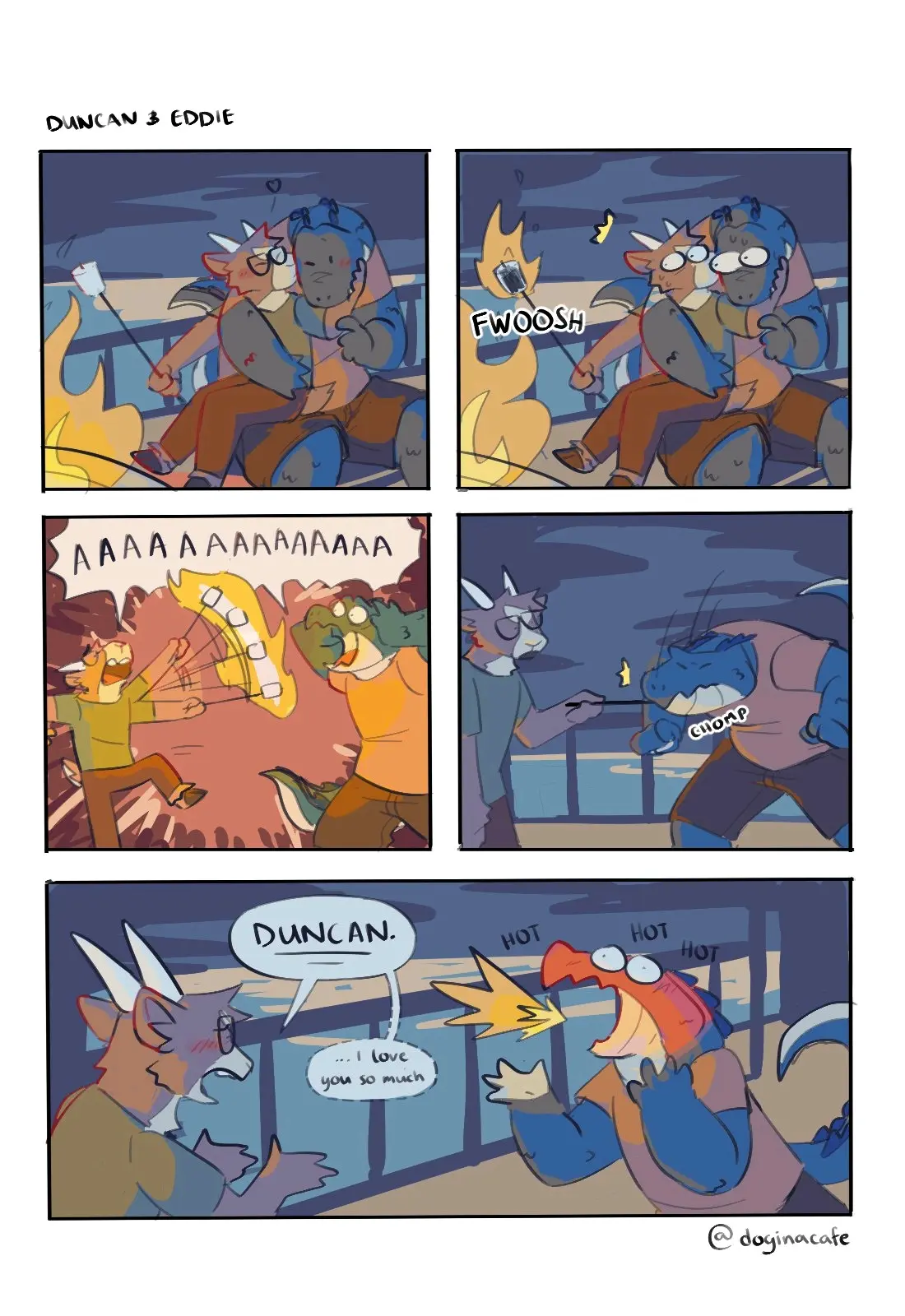Should Pets Be Inside During an Eclipse: Safeguarding Your Furry Friends
Guide or Summary:Solar and Lunar Eclipses ExplainedEffects of Eclipses on PetsShould Pets Be Inside During an Eclipse?Additional Tips for Pet Care During Ec……
Guide or Summary:
- Solar and Lunar Eclipses Explained
- Effects of Eclipses on Pets
- Should Pets Be Inside During an Eclipse?
- Additional Tips for Pet Care During Eclipses
The cosmic dance of the sun, moon, and Earth often captivates our imagination, but it also raises concerns among pet owners—should pets be inside during an eclipse? The phenomenon of a solar or lunar eclipse can be both fascinating and potentially stressful for our furry friends. As pet guardians, it's essential to understand the potential effects on our pets and take appropriate measures to ensure their well-being during these celestial events.
Solar and Lunar Eclipses Explained
Before delving into the impact of eclipses on pets, let's briefly explore what these celestial events entail. A solar eclipse occurs when the moon passes between the Earth and the sun, casting a shadow on our planet. Conversely, a lunar eclipse happens when the Earth obstructs the sun's light from reaching the moon, causing it to appear reddish or bronze. Both phenomena can alter the intensity of sunlight and moonlight, which may have various implications for pets.
Effects of Eclipses on Pets
The primary concern during an eclipse is whether the change in light levels and the presence of the sun or moon can affect pets' behavior and health. Here are some potential impacts to consider:
1. **Behavioral Changes**: Eclipses can trigger anxiety in pets, leading to increased agitation, restlessness, or even panic attacks. The sudden change in light or the presence of the sun or moon might unsettle pets, especially those who are sensitive to environmental changes.

2. **Light Sensitivity**: Some pets, especially those with light-colored fur or those prone to photosensitivity, might experience discomfort during eclipses. The altered intensity of sunlight or moonlight can cause irritation or discomfort, potentially leading to stress or even temporary vision issues.
3. **Temperature Fluctuations**: Eclipses can sometimes lead to slight temperature fluctuations as the sun's rays are partially or fully blocked. While these changes are usually minor, they might still be noticeable to pets, especially those who are sensitive to temperature changes.
Should Pets Be Inside During an Eclipse?
Given the potential impacts of eclipses on pets, it's advisable to keep them indoors during these celestial events. Bringing pets inside can help mitigate the risks associated with changes in light levels, temperature fluctuations, and the possibility of stress or anxiety.
1. **A Safe Environment**: Keeping pets indoors provides a safe and controlled environment, shielding them from the potential discomforts of the eclipse. It also allows you to monitor their behavior and provide comfort if they appear stressed.
2. **Comfort and Stability**: A familiar indoor setting can help pets feel more comfortable and secure during an eclipse. The stability of their usual surroundings can help minimize stress and anxiety.
3. **Preventing Unwanted Behaviors**: Pets that are prone to anxiety or destructive behavior during stress might benefit from being kept indoors. This can help prevent unwanted behaviors and keep your home safe from any potential damage.
Additional Tips for Pet Care During Eclipses
To ensure your pets' well-being during eclipses, consider the following additional tips:
1. **Create a Comforting Space**: Designate a quiet, comfortable area for your pets to retreat to if they become anxious. This could be a crate, a cozy bed, or a room with minimal distractions.

2. **Use Calming Techniques**: Employ calming techniques such as soothing music, gentle petting, or pheromone diffusers to help reduce your pets' anxiety levels.
3. **Monitor for Stress Signs**: Keep a close eye on your pets during and after the eclipse for signs of stress or discomfort. If you notice any unusual behavior or symptoms, consult with a veterinarian.
In conclusion, while the celestial dance of solar and lunar eclipses might captivate our curiosity, it's essential to prioritize our pets' well-being during these events. By keeping pets indoors, creating a comfortable environment, and employing calming techniques, we can help ensure that our furry friends remain safe, secure, and stress-free throughout the eclipse. Remember, the goal is to enjoy these natural wonders responsibly and with the welfare of our beloved pets in mind.